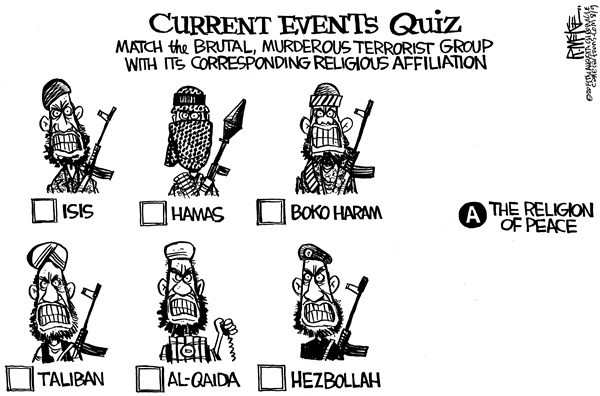After leaving Gaza, journalists rip Hamas terror
Following Israel’s military withdrawal from Gaza, foreign journalists who have left the area are reporting on Hamas tactics they could not reveal while stationed there.
“We saw the Hamas men,” a Spanish reporter said, according to Yedioth Ahronoth. “But had we dared point the cameras at them, they would have opened fire at us and killed us.”
Indian reporter Sreenivasan Jain revealed that Hamas terrorists were launching rockets just outside of his hotel in Gaza. “There’s a conspiracy of silence rooted in fear—no one wants to report in real-time,” he said.
Jain, working in Gaza for the Hindi-language news channel NDTV, also said it is “important to report on how Hamas places those very civilians at risk by firing rockets deep from the heart of civilian zones.”
Italian journalist Gabriele Barbati tweeted after leaving Gaza, “Out of #Gaza far from #Hamasretaliation: misfired rocket killed children yday (yesterday) in Shati (refugee camp). Witness: militants rushed and cleared debris.” He also tweeted, “@IDFSpokesperson said truth in communique released yesterday about Shati camp massacre. It was not #Israel behind it.”
The Washington Post’s Sudarsan Raghavan photograph a bombed mosque, a scene he called clearly “prepared.”
The Foreign Press Association in Israel (FPA) has condemned Hamas for curtailing journalistic freedom in the Gaza Strip during Operation Protective Edge.
“The FPA protests in the strongest terms the blatant, incessant, forceful and unorthodox methods employed by the Hamas authorities and their representatives against visiting international journalists in Gaza over the past month,” a statement by the FPA said.
“In several cases, foreign reporters working in Gaza have been harassed, threatened or questioned over stories or information they have reported through their news media or by means of social media. We are also aware that Hamas is trying to put in place a ‘vetting’ procedure that would, in effect, allow for the blacklisting of specific journalists. Such a procedure is vehemently opposed by the FPA,” the statement continued.
“It is obvious to you that reporting from Gaza was not objective, due to the circumstances described in the condemnatory press release. When the reporters left Gaza, however, a smattering of objective reports began to leak out. No journalist wants to appear on a blacklist that could prevent him from entering Gaza during the next operation or war,” the sources said.

 55.0°,
Overcast
55.0°,
Overcast 




